Buying Your Dream Place in France: An Overview of the French Real Estate Market
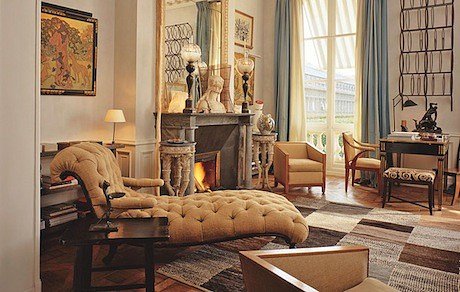
Mon 9 Sep 2013
Thinking of buying a place in France but worried about the high prices? The year 2013 might just be the time to bite the bullet and buy. Why? Prices have been going up in an unsustainable way over the past 10 years, particularly in Paris. Most notably, there was a 17 percent increase in the value of Paris real estate in the year 2010, while the value of most real estate in countries such as the United States and the United Kingdom fell or remained flat during the same period. Last year there was a slight decrease in prices for French real estate because of the election of François Hollande and a frozen market.
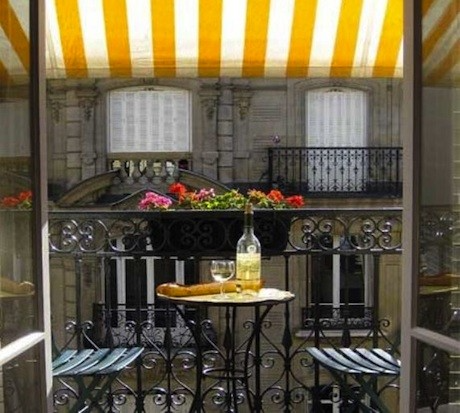
Photo: Paris Perfect.
Now the market seems to have stabilized, but it’s predicted to stay flat this year. Capital gains taxes have gone up but only slightly, and, it seems, not for the long term. And Paris remains on everyone’s “must have it” list. As a friend of mine says, inside the périphérique (the highway around central Paris), those 17th-century buildings aren’t being made anymore. People with money from Brazil, the United Kingdom Russia, China and the United States will always want a place in Paris, so the city remains a very safe investment. The real estate woes they had in 2009 were nothing compared with those of Dublin, Las Vegas, California and Florida.
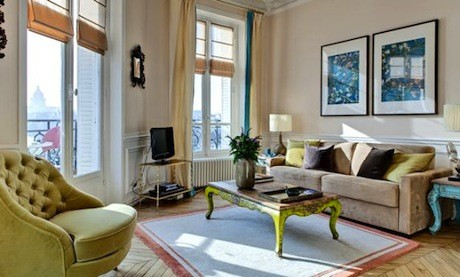
Photo: Paris Perfect.
Prices may continue to head down if Europe doesn’t sort out its debt problems, but then again, there’s no guarantee of that. Typically, older homes and classic apartments in places like central Paris, Lyon and Nice are your best bet in terms of holding their value. For something more affordable, head to lesser-known areas, such as the Aveyron, Entre Deux Mers, Périgord, Alsace or Burgundy. You might be able to find a fixer-upper for around 120,000–150,000 euros (around $150,000).
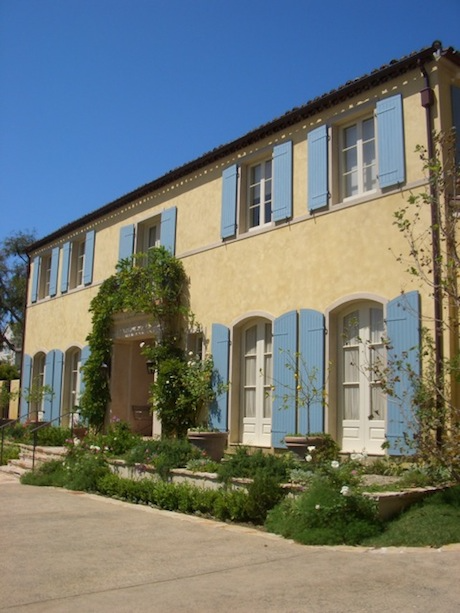
Photo via brookegiannetti.typepad.com.
Prices are on average 8,270 euros per square meter in Paris, some ofthe most expensive in the world according to Credit Sesame. Some areas in the 6th Arrondissement and on the Place des Vosges, however, can soar above 20,000 euros per square meter. Overall in France, outside Paris, prices average 1,200–3,900 euros per square meter, depending on the region. Predictably Lyon, Nice, Bordeaux and Lille are the highest outside Paris. These prices are less than those in the United Kingdom or Monaco but more than those in most of the rest of Europe. The handy Numbeo website calculates the cost of living in Paris versus, say, that of Bordeaux. Clearly real estate and the cost of living are much more affordable once you leave Paris.
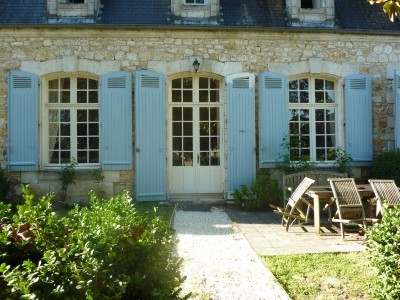
Photo via frenchestateagents.com.
Is buying in France different from buying in the United States? Yes. Mainly because there is no multiple-listing service, so when you go out with realtors, they will only show you the listings of their companies. This means that you have to see homes with a number of different realtors to see everything on the market. It is advised, then, to hire a buyer’s realtor, who represents just you, the buyer. Buyer’s realtors can work with most other brokers to show you their listings and share commissions, although some stubborn companies still keep listings only to themselves. Others looking to buy will hire a property finder, whose job it is to take the hassle out of buying. A property finder will do the legwork, then show you the best properties on the market with your specifications. This service will set you back several thousands of dollars or more, but it may be worth it in the end, as you’ll likely be able to see more and perhaps negotiate a better deal.
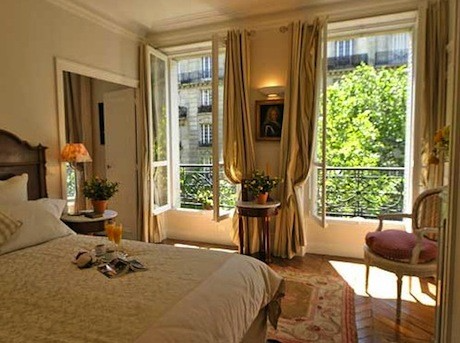
Photo: The Paris Apartment.
Also, we’ve found that prices are typically set by the sellers, and real estate pros will go along with them. Because sellers can be quite stubborn and inflexible with their prices, houses tend to sit on the market for some time. But from my own personal experience, I recommend making an offer and standing as firm as you can. While realtors will tell you that prices are not that flexible, I got a good deal when I bought in 2009 because I made an offer and refused to budge too much. Knowing that the house had been on the market for over a year, I also knew that if the owners really wanted to sell, they’d eventually come down—and they did.
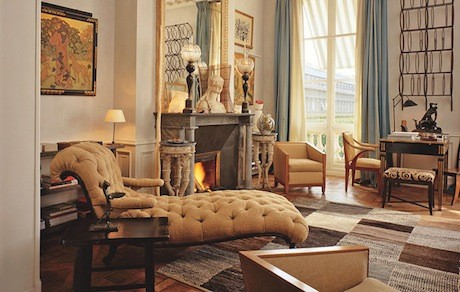
Photo via zuhairah-homeinteriordesign.blogspot.com.
Regarding the cost of living in France once you’ve purchased, some things are more expensive, but many cost less. Real estate taxes are far less than what I pay in New York, which has some of the country’s highest taxes. This is because the French government relies a lot more on their federal income tax than on property taxes. Taxes in New York are 10 times higher than the taxes I pay on our house near Bordeaux. Homeowner’s insurance is also affordable, costing only hundreds per year rather than thousands. Food and wine are much more affordable in the countryside in France than in the bigger US cities, but it of course all depends on where and how you buy. Bread is normally less than a euro per baguette, a liter of water is about a euro and wine can be as low as 2–3 euros a bottle. Much of the produce that you find is grown in the country, so especially at the farmers’ markets you’ll see huge savings. Gas and heating as well as electricity can be a bit high, but in general, in my experience comparing New York prices with those in rural France, I find a very large cost-of-living savings. If you are coming from a rural part of the southern or mid-western United States, however, you won’t see the same degree of savings. According to Numbeo.com, where you can do your own price comparison, rental prices in NYC are 180 percent higher than in Bordeaux, and power is 64 percent higher. And when you figure in free or extremely affordable health care, you will be saving quite a bit if you make a move to France.
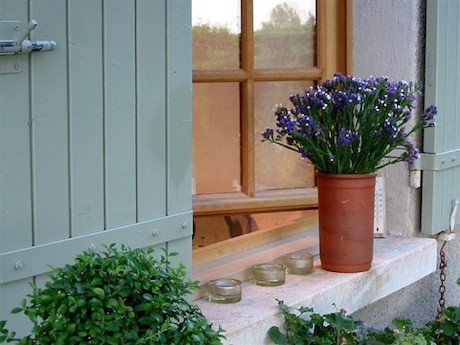
Photo via rightfrenchmove.com.
Related Links
Paris Property Group
MeilleursAgents.com
Numbeo
Editor’s note: Have you heard about the GG2P Travel Club yet? There are three levels at which to join—and the first one is free!